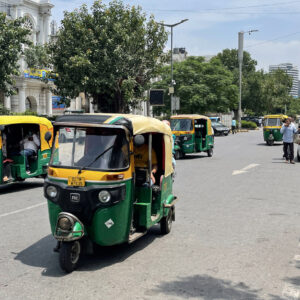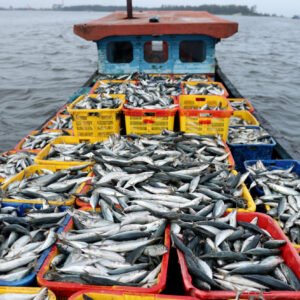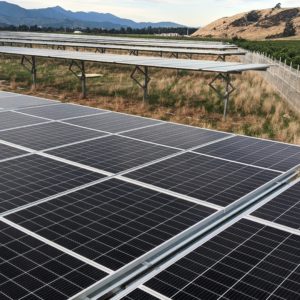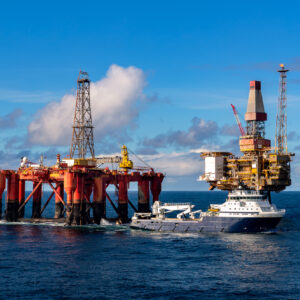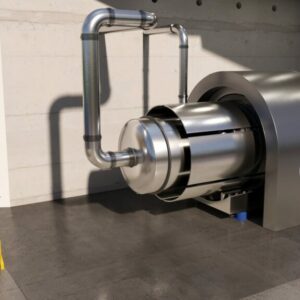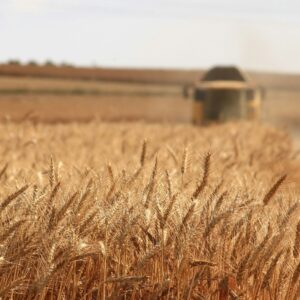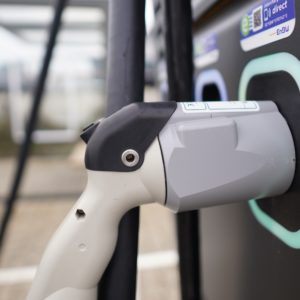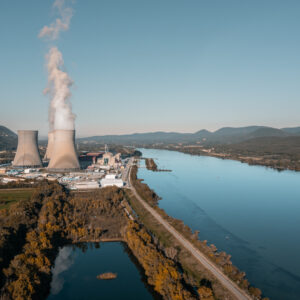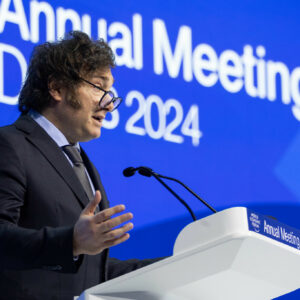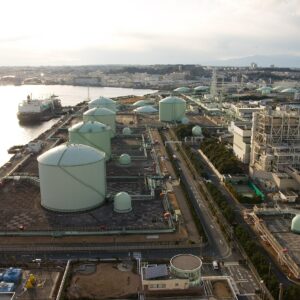"Battery swapping in India has taken off in the past five years through a confluence of technological advances and social and economic forces. Batteries have improved as their costs have fallen dramatically. Meanwhile, India has furiously built digital infrastructure and Indians have snapped up smart phones, allowing even some of the lowest-income people to tap into digital networks."
Market-Based Solutions at Sea: Leveraging the WTO to Save Our Oceans
Harmful subsidies have incentivized overfishing and depletion of our natural resources.
America Wanted a Homegrown Solar Industry. China Is Building a Lot of It.
"China-based companies are behind nearly a quarter of the roughly 80 gigawatts in new solar-panel capacity that has been announced since that legislation, according to an analysis by The Wall Street Journal. That positions them to be big beneficiaries of government subsidies as well—as much as $1.4 billion a year collectively if the panel factories announced so far are built, according to Journal calculations."
High electricity prices have Europe facing deindustrialization; don’t let it happen here
"U.S. policymakers should heed warnings from Europe, and embrace a policy of making American electricity once again the most reliable and affordable on Earth."
Prodigy and Westinghouse Targeting Launch of eVinci Floating Nuclear Plant in Canada by 2030
"Prodigy underscores flexibility will be a key driver for the emerging FNPP market. But rather than developing reactors, its approach is to partner with leading SMR vendors to offer a standardized, scalable, and fully transportable nuclear power plant system—essentially by linking expertise in three mature industries: nuclear, maritime, and transport."
Achieving Greater Food Security in a Changing Climate
The time-tested tools of economic and political freedom bear the most fruit in feeding the world and securing our future for generations to come.
The US wants to end its reliance on Chinese lithium. Its policies are doing the opposite.
"The United States desperately needs to hasten the development of supply chains for critical minerals that don’t involve China and Chinese companies for both commercial and national security interests. Unfortunately, current policies, including regulations from the Inflation Reduction Act (IRA), are doing exactly the opposite. They are hurting demand for electric vehicles, the very products that will incentivize the development of these supply chains. Instead, Washington needs to unleash the power of the US market by removing barriers to accessing capital, fast-tracking manufacturing, providing high-level diplomatic support, and promoting domestic demand."
Nuclear power generation to reach record high next year, IEA forecasts
"At the UN’s COP28 climate summit in Dubai last year, more than 20 countries, including the US, the UK and France, agreed to try to triple global nuclear power capacity by 2050."
Don’t Make LNG Exports the Next Keystone XL
LNG exports provide several economic, environmental, and national security benefits.
